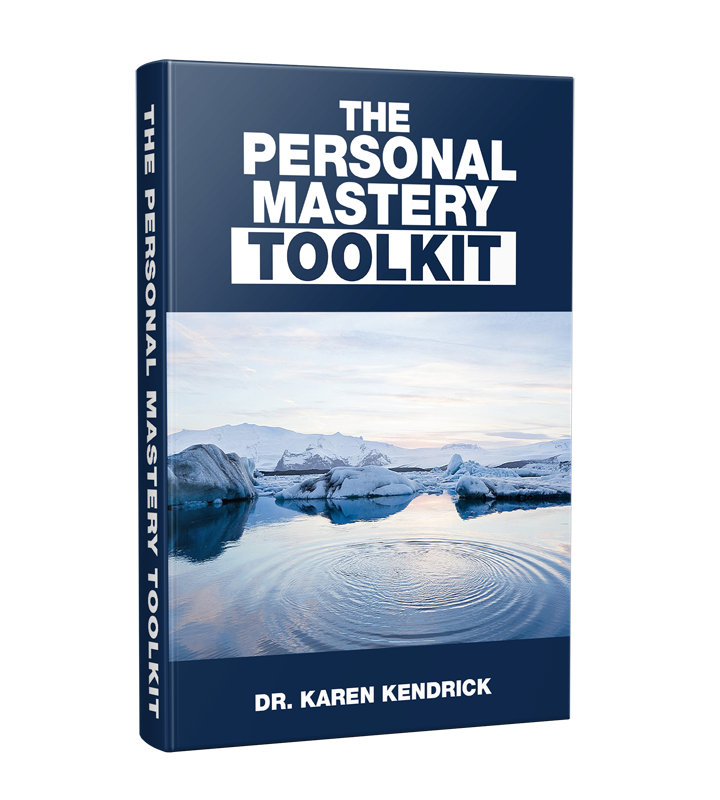HOW TO SAY YOU’RE SORRY
We’ve all done it. We’ve said or done something that we wish we hadn’t.
We’ve caused some pain to someone or created a problem and we know it’s at least partially our fault. We’re ready to apologize, but somehow it doesn’t seem so easy and we can’t find the words.
So what is the solution?
The key is to focus on the other person’s needs and to do it in a genuine way. When done right, your relationship can often deepen.
Below are 6 tips for saying you’re sorry to get the most positive outcome possible:
1) Ensure that when you’re sorry, you really mean it and feel it
While sometimes it may feel necessary to keep a temporary peace with a simple “I’m sorry” to help ease the tension, be ready to have a further discussion later if you sense you or the other party really aren’t fully over it. Plastering over a real issue with empty words isn’t sustainable and will erode trust.
Ideally, get in touch with your empathy and concern as soon as possible, and get the apology going. Ask yourself, “Did I really mean to do this?” “Can I see this from his/her/their perspective?” “Is this really worth fighting about?”

Get a FREE copy of The Personal Mastery Toolkit.
Raise your game and lead an exceptional life.
2) Be clear about what you are really apologizing for
Was it for saying something hurtful? For being selfish? For not showing up on time? Think through what it is that you feel you said or did and be specific. Say, “I’m sorry that I __________”. If you’re not sure what the issue is, start with something simple, such as “I’m sorry for what’s happened here. Can we talk about it?”
3) Ask for or listen to any feedback and take responsibility for your part
Be prepared that the other party may have comments or concerns about the situation or your behavior. Listen without interrupting and avoid focusing too much on defending what you did or trying to be right. While the other party may have also been at fault, you’ll get to a better resolution in a more timely manner if you keep an open mind to feedback and take some accountability.
This doesn’t mean that you don’t give your side of the story if needed, but that it shouldn’t dominate the discussion. Since you are the one feeling the need to apologize, the conversation shouldn’t be to convince the other party that you were justified in your actions.
4) Express regret and concern for their well-being where appropriate
A big part of the apology is not just words, but the emotion that comes through in your tone and body language. That is why it is critical to be genuinely sorry about what happened in order to re-establish trust. Soften your voice, make good eye contact, make physical contact with your hands or arms if appropriate. Avoid crossing your arms or shifting your body away from the other party.
Consider saying something like “I care for you and don’t mean to hurt you”, or “I want you to be happy”, or “I really do want the best for you (or the company, if it is a work situation)”.
WANT TO ACCELERATE YOUR PERSONAL GROWTH AND SUCCESS?
Take the BRILLIANCE BLUEPRINT™ digital course.
5) State your intentions to do better next time
If appropriate and you really wish to do better next time, then say it. But make sure your motivations and intentions are genuine, otherwise it can come across as over-doing it and insincere. Say something like, “I know I can do better in the future”, or “I’ll keep working on this.”
6) If needed, ask “What could I say or do now that would help?”
Sometimes you may reach an impasse. The other party may not know or be able to communicate what they are thinking or feeling, or both of you may be at a loss for the right words. If after asking what would help, be prepared to give them time to think about it. Say, “It’s ok if you need some time to think about this. I’m here when you are ready.” Be prepared for whatever amends or further discussion the other party may need.
In the end, the goal is to re-connect and move the relationship forward. If you are highly motivated and committed to working things out, then practicing and embracing these concepts will pay off.
DIVE DEEPER: Improve the quality and depth of your relationships by mastering how you think about and share your life story here.

Get a FREE copy of The Personal Mastery Toolkit!
Raise your game and lead an exceptional life.
IF YOU LIKED THIS CONTENT, CHECK OUT:
NEW TO KAREN?

